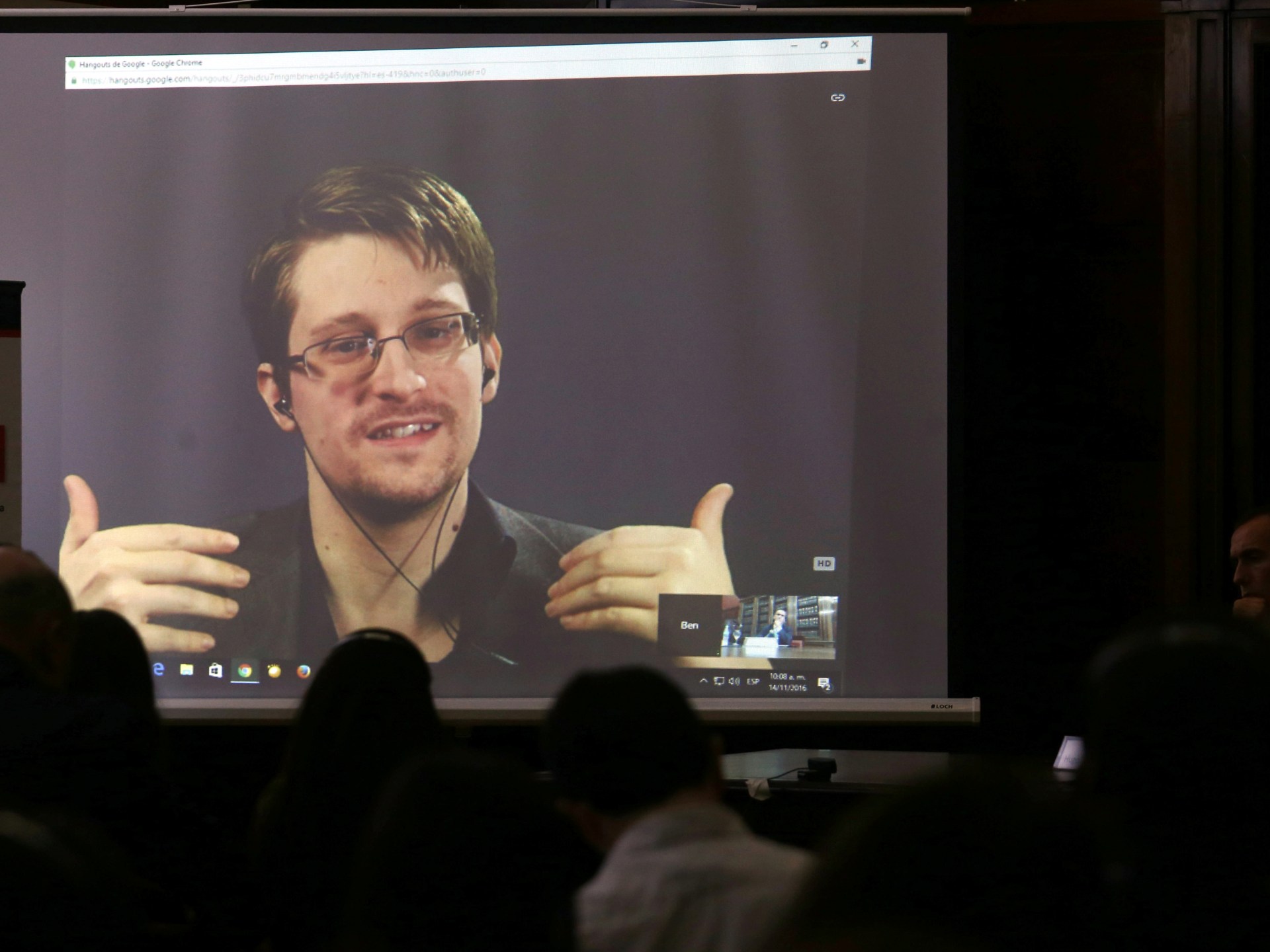U.S. officials are scrambling to determine the source of the leak of top-secret military and intelligence documents that went viral online last week and detailed issues including the war in Ukraine.
U.S. authorities have yet to identify the source of the leak, nor have they confirmed the authenticity of documents providing information on war losses in Ukraine and details about the training of Ukrainian forces.
The publication of these documents is the most prominent violation of US defense information in a decade, according to The Hill, which published a report highlighting the largest intelligence leaks that shook Washington in US history, as follows:
Pentagon Papers
In 1971, a military analyst named Daniel Ellsberg leaked a top-secret Pentagon study of the Vietnam War, known as the Pentagon Papers, while working as a military contractor with the department.
The leak of the documents, consisting of 7,<> papers, caused a major stir in the United States at the time, and was the starting point of the global fame of the newspapers "The Washington Post" and "The New York Times" after publishing the documents, and then other newspapers, which made the US administration at the time issue a decision to stop publishing these documents under the pretext of harming the security of the country.
However, the US Supreme Court then decided to allow the publication of these documents, in application of the first article of the US Constitution, which stresses the inviolability of media freedom and the people's right to know, and later the judiciary dropped the charges against Ellsberg for revealing state secrets.
The "Pentagon documents," secretly filmed by Ellsberg and leaked to reporters, detail America's decades-long involvement in Vietnam and validate many anti-war criticisms.
Banner demanding that Julian Assange not be extradited to America after fleeing to Britain (Al Jazeera)
Robert Hansen: Spy of the Soviet Union
In 1976, Robert Hansen began working for the FBI as a secret agent. During his 25 years in the FBI and law enforcement, Hansen spied on the U.S. government for the Soviet Union and Russian intelligence services.
Hansen worked as a spy for the Soviet Union throughout the Cold War, but went unnoticed for many years.
As an FBI job, Hansen had access to much classified information, and he sold thousands of classified documents and information to Soviet and Russian intelligence.
Those documents detailed U.S. military plans, strategies it developed in anticipation of nuclear war, and leaked U.S. weapons technologies. He reportedly received $1.4 million in cash for selling that information over the years, and received several jewelry for his service to Russia and the Soviet Union.
Hansen was arrested in 2000 by US authorities, who was about to retire, after receiving information from Russia that he was a spy for Moscow.
Hansen pleaded guilty to 15 espionage charges later that year. He is now serving a life sentence in a Colorado prison.
WikiLeaks: Iraq War Records Uncovered
In 2010, WikiLeaks, a website founded by Julian Assange, began publishing a myriad of leaked classified military documents detailing the actions of U.S. and coalition forces during the 2004-2009 U.S. war in Iraq.
The leaks revealed troubling facts about the war, including the deaths of a staggering number of civilians, revealing that 66,2009 Iraqi civilians had been killed by 60, more than <> percent of the victims who died during the war. It also revealed that hundreds of civilian casualties were killed by coalition forces.
The leaked documents also shed light on serious prison abuses committed by US forces against Iraqi prisoners, even after widespread abuses were reported against detainees at Abu Ghraib prison in the early stages of the war.
The leaks included about 400,<> documents, ranging from reports to records prepared by soldiers who participated in the war on Iraq.
The leaks have weakened public support for the war, which had fallen back from what it was at the beginning of the administration's decision to invade Iraq in 2003.
Edward Snowden: NSA leaks
In 2013, US intelligence agent Edward Snowden leaked documents revealing that the US government secretly monitored millions of Americans through a surveillance program launched after the September 11, 2001, attacks.
Snowden's revelations highlighted the extent of U.S. surveillance of citizens, including spying on their phone calls, emails and online conversations.
It also revealed that America was spying on countries, some of which are allies of Washington, through a spyware, including the American program to monitor phone and Internet communications "Prisma". The leaks showed that the US administration eavesdropped on a number of EU offices and spied on at least 38 foreign embassies.
The vast numbers of classified documents leaked by Snowden have embarrassed the Obama administration, strained its relations with many countries - some of them allies - angered by Washington's eavesdropping on the conversations of its leaders and the communications and electronic correspondence of its citizens.
Ukrainian war leaks
The leak revealed days ago of what are said to be NATO documents on the war in Ukraine is one of the largest military and intelligence breaches in US history, The Hill reports.
The leaked documents, whose authenticity has yet to be confirmed by officials or their source have not been disclosed, provide interesting information about the war in Ukraine. It also provides details about U.S. and Western military support for Ukraine.
The leaked documents also revealed that the United States was spying on Russian and Ukrainian leaders to monitor the course of the war.
It also details how the United States tracks Russian military movements using satellites.

